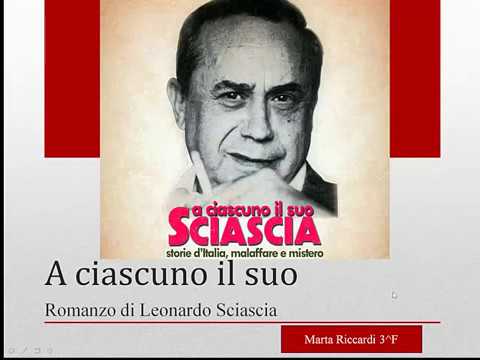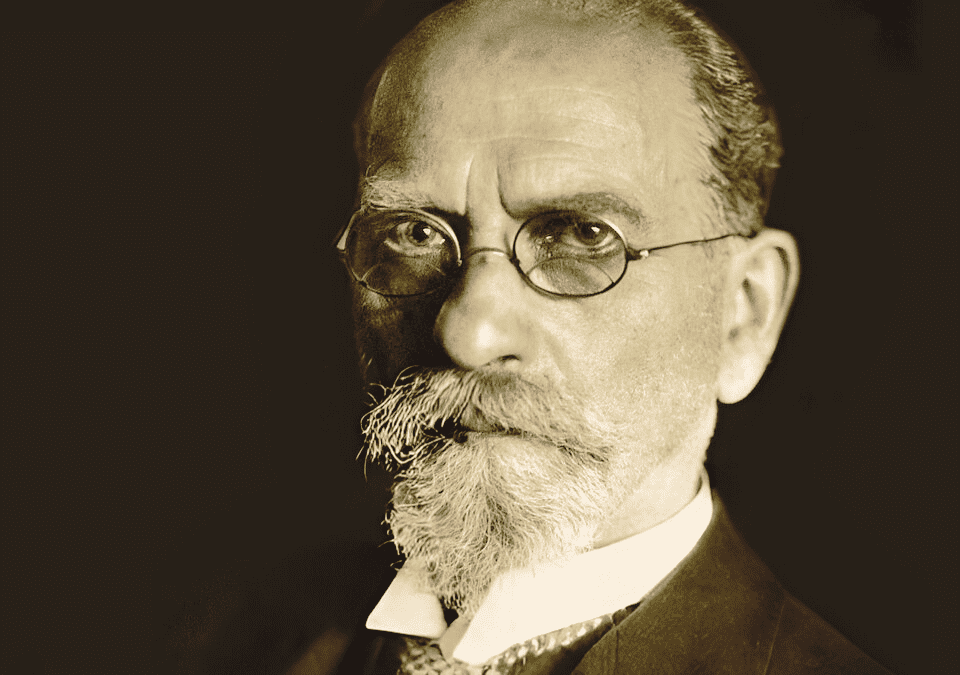
Vietnam
27 Gennaio 2019
A ciascuno il suo di Leonardo Sciascia
27 Gennaio 20191-K10-A1790 (6322) Kant,Immanuel / Portrait /Gemaelde 1790 Kant, Immanuel, Philosoph, Königsberg 22.4.1724 - ebd. 12.2.1804. - Portrait - Anonymes Gemälde, um 1790. E: Kant, Immanuel / Portrait / ptg., 1790 Kant, Immanuel, Philosopher, K|nigsberg 22.4.1724 - 12.2.1804. - Portrait. - Anonymous painting, c. 1790. F: Kant,Emmanuel / Portrait /Peinture 1790 Kant, Emmanuel, philosophe, Königsberg 22.4.1724 - id. 12.2.1804. - Portrait. - Peinture anonyme, vers 1790.
Man and the Natural World: A Philosophical Exploration
Introduction
The relationship between man and the natural world has been a central theme in philosophy, literature, and science throughout history. This complex interaction has been explored by various thinkers, each offering unique perspectives on how humans relate to and understand their environment. This article delves into the philosophical explorations of the relationship between man and the natural world, highlighting key thinkers and their contributions to this discourse.
Ancient Philosophical Perspectives
Plato and Aristotle
In ancient Greece, philosophers like Plato and Aristotle laid the foundation for understanding the relationship between man and nature. Plato, in his work “Timaeus,” presents a cosmological view where the natural world is seen as a reflection of eternal forms. He argues that the natural world is ordered and structured, with humans playing a crucial role in this cosmic harmony.
Aristotle, on the other hand, focuses more on the empirical observation of the natural world. In his works such as “Physics” and “On the Soul,” he explores the natural world through the lens of causality and change. Aristotle sees humans as part of the natural world, subject to the same laws and principles that govern all living beings.
Medieval and Renaissance Perspectives
St. Thomas Aquinas
During the Medieval period, St. Thomas Aquinas integrated Aristotelian philosophy with Christian theology. In his work “Summa Theologica,” Aquinas argues that the natural world is a manifestation of God’s divine plan. He sees humans as stewards of the natural world, responsible for understanding and preserving its order and beauty.
Francis Bacon
The Renaissance brought a shift in the understanding of the natural world, with thinkers like Francis Bacon advocating for the scientific method. Bacon, in his work “Novum Organum,” argues that the natural world should be studied empirically and systematically. He believes that through scientific inquiry, humans can gain knowledge and power over nature, leading to technological advancements and improvements in human life.
Modern Philosophical Perspectives
René Descartes
René Descartes, a key figure in modern philosophy, introduces the concept of dualism, separating the mind (res cogitans) from the physical world (res extensa). In his work “Meditations on First Philosophy,” Descartes argues that the natural world is a mechanistic system governed by mathematical laws. He sees humans as rational beings capable of understanding and manipulating the natural world through scientific inquiry.
Immanuel Kant
Immanuel Kant, in his “Critique of Pure Reason,” explores the relationship between man and nature through the lens of transcendental idealism. Kant argues that humans impose order and structure on the natural world through their cognitive faculties. He introduces the concept of the “thing-in-itself” (noumenon), suggesting that the natural world as we perceive it is shaped by our perceptual and conceptual frameworks.
Contemporary Philosophical Perspectives
Martin Heidegger
Martin Heidegger, in his work “Being and Time,” critiques the modern technological understanding of nature. He argues that the natural world is not merely a resource to be exploited, but a fundamental aspect of human existence. Heidegger introduces the concept of “dwelling” (Wohnen), suggesting that humans should live in harmony with the natural world, rather than seeking to dominate it.
Hans Jonas
Hans Jonas, in his work “The Imperative of Responsibility,” argues for an ethic of responsibility towards the natural world. He believes that humans have a moral obligation to preserve and protect the environment for future generations. Jonas critiques the anthropocentric view of nature, advocating for a more ecocentric approach that recognizes the intrinsic value of the natural world.
Environmental Ethics
Aldo Leopold
Aldo Leopold, a pioneer in environmental ethics, argues for a “land ethic” that extends moral considerations to the natural world. In his work “A Sand County Almanac,” Leopold proposes that humans should view themselves as part of the biotic community, with a responsibility to preserve the integrity, stability, and beauty of the natural world.
Arne Naess
Arne Naess, the founder of deep ecology, argues for a radical shift in the way humans relate to the natural world. In his work “Ecology, Community and Lifestyle,” Naess proposes that humans should identify with the natural world and recognize the intrinsic value of all living beings. He advocates for a more holistic and ecocentric approach to environmental ethics.
Conclusion
The relationship between man and the natural world has been a central theme in philosophy, with thinkers from ancient times to the present day offering unique perspectives on this complex interaction. From Plato’s cosmological view to Heidegger’s critique of technological domination, and from Leopold’s land ethic to Naess’s deep ecology, the discourse on man and the natural world continues to evolve. As we face the challenges of environmental degradation and climate change, the insights of these philosophers remain more relevant than ever, guiding us towards a more harmonious and sustainable relationship with the natural world.
Exercises for Students
- Comparative Analysis: Compare and contrast the views of Plato and Aristotle on the natural world. How do their perspectives differ, and what are the implications for understanding the relationship between man and nature?
- Critical Reflection: Write a short essay on how René Descartes’ dualism influences our understanding of the natural world. What are the strengths and weaknesses of this approach?
- Group Discussion: Organize a group discussion on the ethics of responsibility towards the natural world, as proposed by Hans Jonas. What are the moral obligations of humans towards the environment, and how can we implement these in our daily lives?
- Case Study: Analyze a contemporary environmental issue (e.g., climate change, deforestation) through the lens of Aldo Leopold’s land ethic or Arne Naess’s deep ecology. How do these philosophical perspectives inform our understanding and response to the issue?
References
- Plato. (360 BCE). Timaeus.
- Aristotle. (350 BCE). Physics.
- Aquinas, T. (1265-1274). Summa Theologica.
- Bacon, F. (1620). Novum Organum.
- Descartes, R. (1641). Meditations on First Philosophy.
- Kant, I. (1781). Critique of Pure Reason.
- Heidegger, M. (1927). Being and Time.
- Jonas, H. (1979). The Imperative of Responsibility.
- Leopold, A. (1949). A Sand County Almanac.
- Naess, A. (1989). Ecology, Community and Lifestyle.



